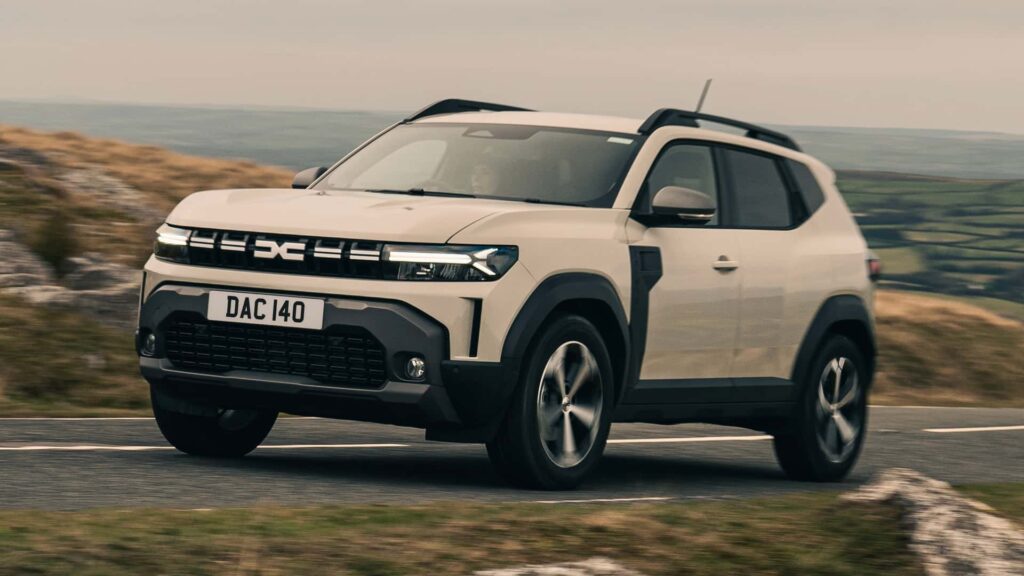Dacia CEO has officially confirmed that the popular Duster SUV is undergoing electrification, a move that has sparked interest across Europe. The electric Duster is set to join the lineup alongside the combustion models, catering to a wider range of customers seeking eco-friendly options.
The upcoming electric Duster is expected to share its platform with the Renault 4 and 5, aligning with the brand’s strategy to offer electric vehicles across its lineup. This shared platform will likely enable the Duster EV to benefit from advancements in electric technology and manufacturing processes.
Renault’s recent confirmation that the platform supports dual-motor all-wheel drive is a crucial development for the Duster nameplate. The rugged and versatile character of the Duster demands all-wheel drive capability, ensuring that it can maintain its off-road prowess and appeal to adventure-seeking drivers.
The Duster has been a resounding success for Dacia, with the latest generation receiving positive feedback from European buyers. The introduction of a hybrid variant further boosted sales, highlighting the brand’s commitment to offering efficient and sustainable mobility solutions.
The electric Duster will be underpinned by the CMF-BEV architecture, known as AmpR Small, which is utilized in various electric models within the Renault-Nissan-Mitsubishi Alliance. This platform’s versatility and scalability make it an ideal choice for the Duster EV, offering a balance of performance and efficiency.
While a specific timeline for the electric Duster’s release has not been confirmed, it is expected to follow the launch of the Sandero EV, slated for 2027. The Sandero EV will mark the brand’s entry into the electric vehicle segment, setting the stage for further electrification efforts across the lineup.
Production of the electric Duster is likely to take place alongside its Renault counterparts, leveraging existing manufacturing facilities to streamline the production process. The shared production line will enable cost efficiencies and ensure a seamless transition to electric vehicle manufacturing.
The all-wheel-drive capability of the electric Duster will set it apart from its competitors, offering a unique selling point in the compact SUV segment. With a focus on versatility and performance, the Duster EV aims to cater to customers seeking an electric vehicle that can handle various driving conditions.
Renault’s commitment to expanding its electric vehicle portfolio bodes well for the future of the Duster EV. The potential production of the dual-motor Renault 4 crossover at the same facility hints at a cohesive approach to electrification within the Alliance, paving the way for a new era of sustainable mobility.

